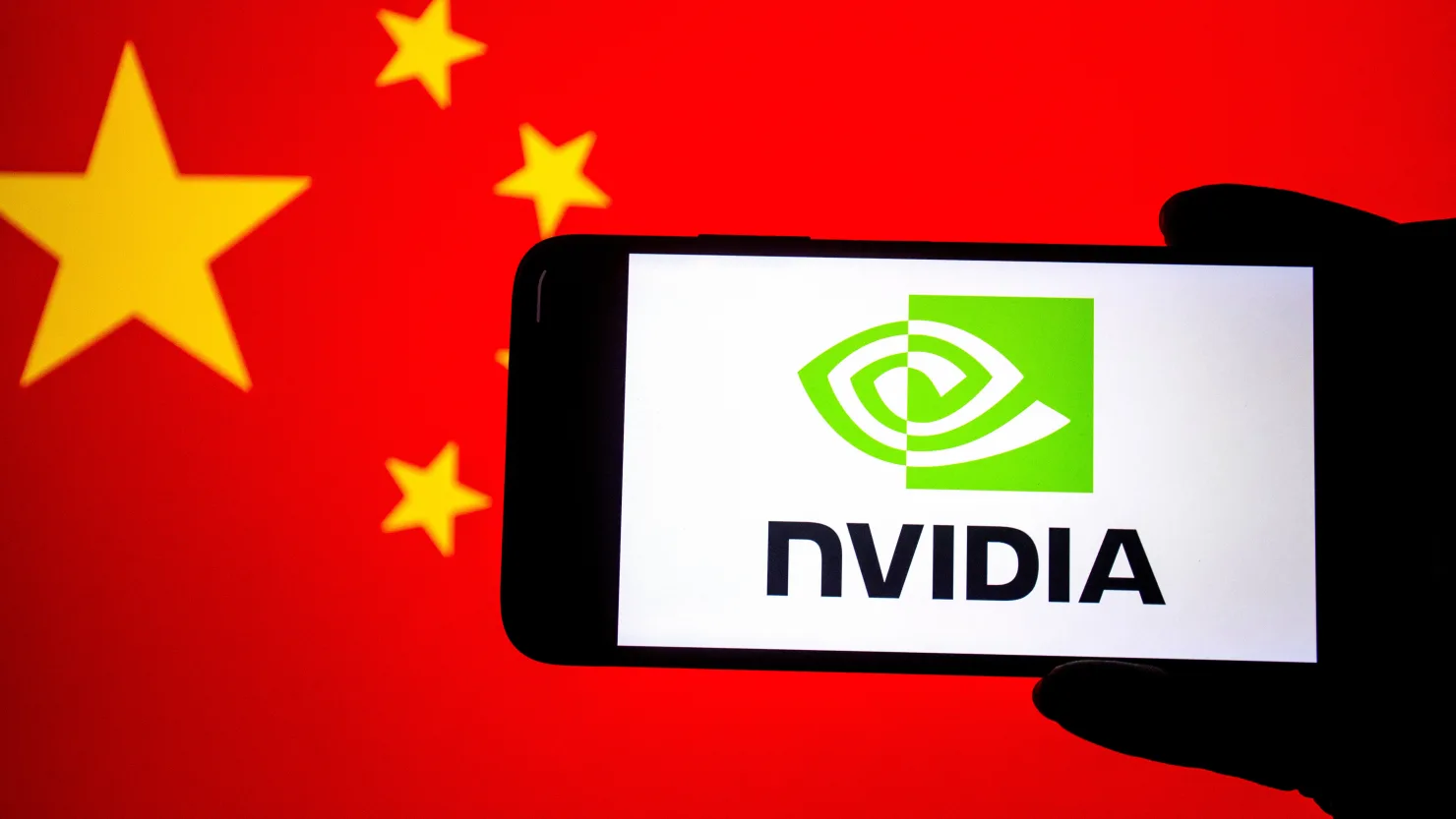Nvidia has received approval from Washington to resume exports of its H20 AI processing units to China, yet the chips may encounter increased scrutiny from Chinese regulators upon their return. The Cyberspace Administration of China (CAC) revealed that Nvidia met with officials to address potential national security concerns related to the H20 chips, which were effectively banned from export to China in April.
The CAC requested that Nvidia provide clarifications and submit supporting documentation about possible security risks linked to the H20 chips, including vulnerabilities and potential backdoors. The regulator’s statement highlighted reports of significant security weaknesses in Nvidia’s AI chips and referenced U.S. lawmakers’ calls for mandatory tracking mechanisms on advanced chip exports.
According to the CAC, American AI experts have identified mature “tracking and positioning” technologies as well as “remote shutdown” capabilities embedded in Nvidia’s computing chips. In May, a bipartisan group of U.S. lawmakers introduced the Chip Security Act, which would require AI chip manufacturers to integrate built-in location reporting systems and the ability to modify chip functionality if used without appropriate licenses. This legislation aims to prevent chip smuggling and close export loopholes.
Technical experts noted that tracking technology is readily available and already partially incorporated into Nvidia’s chips. Nvidia has yet to comment publicly on these developments.
While the U.S. government granted permission for Nvidia to resume H20 chip shipments, several American legislators have expressed concerns that relaxing restrictions could boost China’s AI capabilities. For Nvidia CEO Jensen Huang, the situation presents a complex challenge as he navigates U.S. semiconductor policies while maintaining access to the lucrative Chinese market.
Huang announced the anticipated resumption of H20 chip sales during a recent visit to Beijing, shortly after meeting with former U.S. President Donald Trump. The company recorded a $4.5 billion writedown on unsold H20 inventory in May, stating that sales last quarter would have been $2.5 billion higher if not for export curbs.
To meet rising demand in China, Nvidia has reportedly placed orders for 300,000 H20 chipsets with contract manufacturer TSMC. However, intensified scrutiny from Beijing could complicate Nvidia’s efforts to balance geopolitical pressures with commercial opportunities in the world’s second-largest technology market.
READ MORE:
